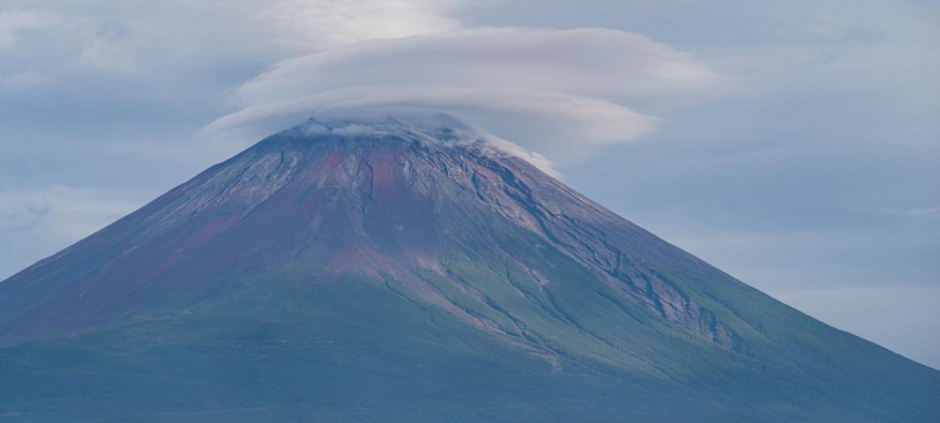Mount Fuji, Japan’s iconic peak, has made history by not receiving any snowfall this year, marking the latest date without snow since record-keeping began 130 years ago. Typically, the mountain’s summit sees its first snowfall by early October, but this year’s warm weather has prevented any snow from accumulating. In contrast, last year, snow was first recorded on October 5.
Japan experienced its hottest summer on record in 2023, with temperatures averaging 1.76°C (3.1°F) above normal from June to August. This trend of warmer temperatures persisted into September, largely due to the influence of the sub-tropical jet stream, which brought warmer air to the region.
In September alone, nearly 1,500 locations in Japan experienced “extremely hot” days, with temperatures reaching or exceeding 35°C (95°F). For snow to form, temperatures typically need to be around freezing.
Also Read: Japanese Researchers Achieve New World Record for Fastest Internet Speed
October has shown a slight decrease in temperatures, but it remains warmer than average. As November approaches without any snowfall, this marks the longest wait for a snowcap on Mount Fuji since data collection began in 1894. The previous record for the latest snowfall occurred on October 26 in 1955 and 2016, according to Yutaka Katsuta, a forecaster at the Kofu Local Meteorological Office.
While it is challenging to directly link individual weather events to climate change, the lack of snowfall aligns with predictions made by climate experts regarding a warming world. Mount Fuji, located southwest of Tokyo at 3,776 meters (12,460 feet), is a significant cultural symbol, visible from the capital on clear days. The volcano last erupted over 300 years ago and is prominently featured in historic Japanese artwork, including woodblock prints.
Last year, over 220,000 people ascended the peak between July and September, highlighting its ongoing popularity as a hiking destination.











